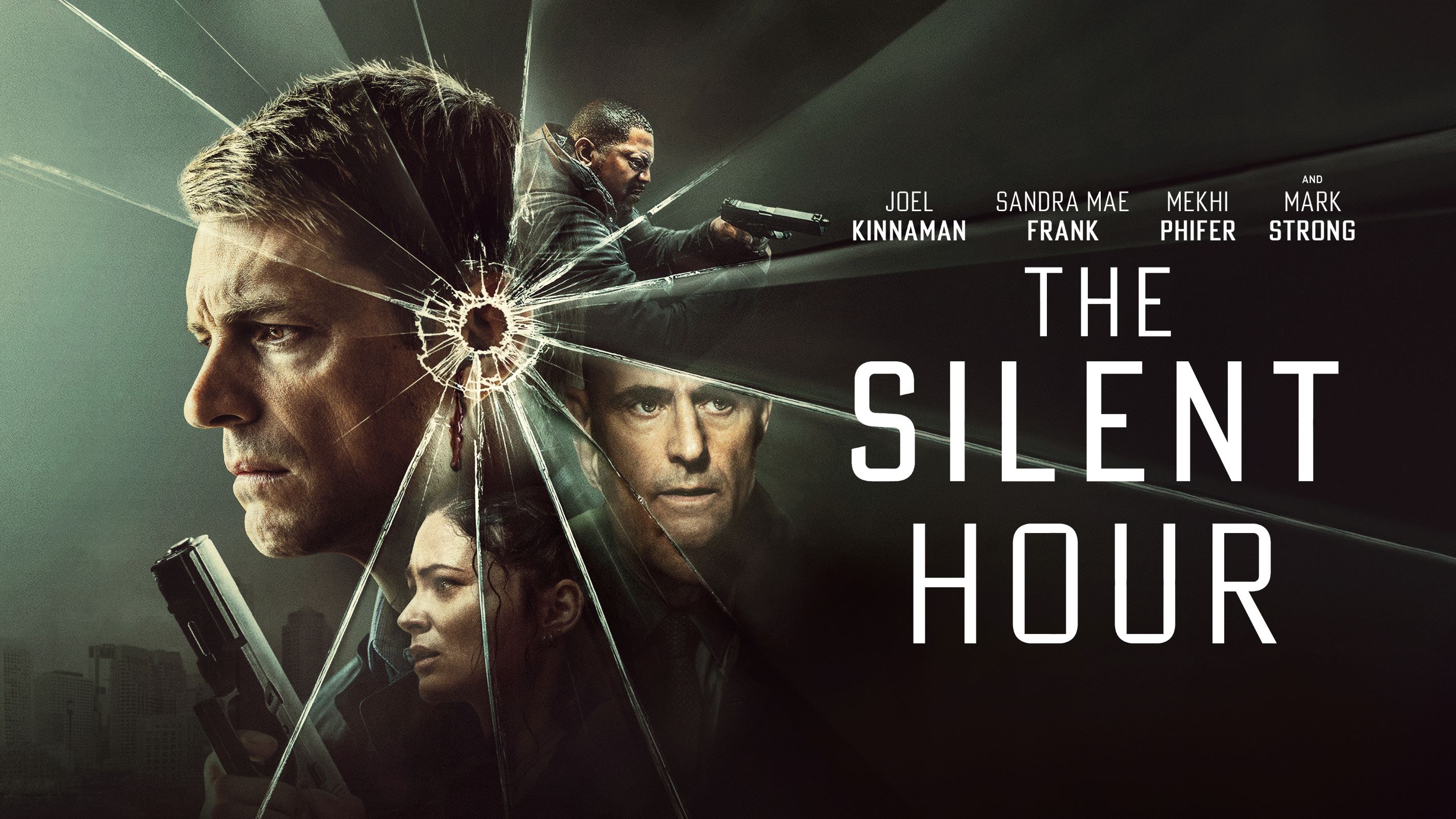We have reached the late capitalist endgame when even a G20 summit—a gathering that, in theory, represents the convulsions and anxieties of a planet teetering on its own ambitions—becomes a stage for pallid, sticky-fingered action pablum. Patricia Riggen’s G20 strains to dress itself in the grandeur of international consequence, as if draping a polyester tablecloth over a card table could suddenly transform it into Versailles. The result, unfortunately, is not grandeur but the cinematic equivalent of a hotel conference coffee: tepid, thin, and bitterly disappointing, despite the prestigious packaging.
The premise had promise: Viola Davis—a rare force of controlled fury and wit—plays President Danielle Sutton, the sort of Black, female head of state whose very presence at the G20 should crackle as an electrifying act of imagination. Yet what does Riggen’s camera do with her? It hands Davis a rebellious daughter (all spitfire cliché), a roomful of visibly distressed Secret Service extras, and a script seemingly scavenged from the refuse bin just outside the last die-hard Die Hard set. The most interesting dimension of Sutton—the omnipresent, underexplored pressure of Black female authority on a world stage—remains unexplored, suffocated beneath mountains of undifferentiated gunfire and empty speeches.
One might have hoped Davis would rescue the project (her work in How to Get Away with Murder and The Woman King testifies to her capacity for turning straw into gold). Here, though, even her dignity buckles under the limp weight of the characterization; all the inner life and potential tragedy of a global leader is evacuated, replaced by the weariness of a performer forced to nod grimly through each implausible set-piece. When she is handed a gun and told to dispatch cartoonish mercenaries who obligingly forget how to shoot, the movie slips into self-parody—a B-movie fantasy with A-list capability, wasted.
And what villains do we get for this spectacle? Anthony Starr’s Rutledge, a malformed composite of every international baddie leftover by decades of lazy screenwriting, presents as one of those sneering, ex-military terrorists whose plan (involving, yes, deepfake technology and the inevitable cryptocurrency MacGuffin) expands and contracts according to the needs of the next action beat. If he is menacing, it is only in the sense that the next uninspired plot twist threatens to ambush our patience. His motivations—like most things here—are explained less than shouted, then trampled in the ensuing chaos.
The screenplay, an assembly-line creation from a committee of writers, is more hodgepodge than tapestry. What passes for wit or topicality dwindles to a single line—a South African agent dispatched with a Wakanda joke, included (it seems) only so the film can justify its otherwise perfunctory Cape Town setting. It’s less a nod to contemporary culture than an accidental self-diagnosis: the film wishes itself into a mythic moment, only to flinch back to the banality of the instantly-dated punchline.
Production-wise, G20 has the soapy gloss of an Amazon Original, but the action choreography is as muddled as a late-game Call of Duty scene rendered in slow internet. Scenes are staged with the air of rehearsal, not confrontation; goons linger conveniently in the open, their rifles lingering as set-decoration rather than instruments of threat. As violence erupts, the only thing punctured is our suspension of disbelief.
Worse yet, the dialogue hovers at that special frequency reserved for TV-movie exposition. Everything is stated, never shown. Side characters exist to shuttle President Sutton between perils, like non-player characters in a video game who deliver their lines with reliable, uninflected dullness before vanishing into irrelevance. There are suggestions of grander themes—global corruption, the perils of technological chaos—but the film refuses any substantive engagement. The world’s most powerful economies reduce to a single locked-down hotel, and international crises are solved by gunfire in an empty banquet hall.
Ultimately, G20 is a case study in squandered opportunity. Here was a chance to contemplate the collision between representation and responsibility, to wring genuine suspense from the world’s political machinery, or at least to give Viola Davis a villain worthy of her tremulous resolve. Instead, what passes for drama is a rote oscillation between shootouts and contrived family heart-to-hearts. Even the city of Cape Town—a place throbbing with its own drama and contradictions—is relegated to a backlot blur. The only genuine jolt is that solitary, ill-fitting quip (“You’re from Wakanda!?”), which feels less like relief than a case of desperate self-sabotage.
Watching G20, I was reminded of how easily the machinery of contemporary filmmaking can grind down a buzzy concept into the dull paste of content. Whatever hopes I had for a fresh, urgent thriller evaporated; in their place was little more than exhaustion at the prospect of another failed franchise-starter. That a film with these actors, this premise, and this stage could end up a slog—that’s not just disappointment, it’s a kind of cinematic tragedy in miniature.
G20 doesn’t merely miss the mark. It forgets what the mark was, and shoots out the exit sign instead.


